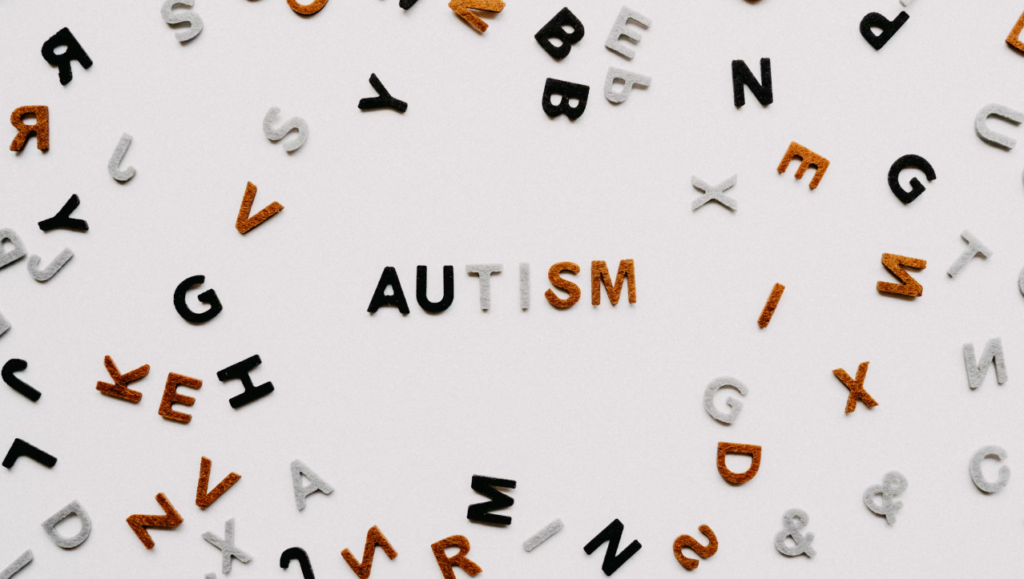Worried your child may be autistic? Learn how to recognize early signs of autism, understand the spectrum, and take the right next steps with compassion and clarity.
Introduction: You’re Asking the Right Question
If you’ve been wondering, “How do I know if my child is autistic?”—you’re not alone. Many parents quietly carry this question for months, sometimes years, before speaking it aloud.
The truth? Asking this question isn’t something to fear. It’s a sign that you’re tuned in, observant, and deeply committed to understanding your child—not fixing them, but seeing them clearly.
In this guide, we’ll walk through common signs of autism in children, break down myths, answer frequent questions, and explain what to do if you suspect your child may be on the spectrum. All of it is wrapped in compassion, not fear—because autism is not a flaw. It’s a different way of being.
What Is Autism Spectrum Disorder (ASD)?
Autism Spectrum Disorder (ASD) is a neurodevelopmental condition that affects how people communicate, socialize, and process the world. It’s called a spectrum because it presents in many ways—from children who are nonverbal and need support daily, to others who seem highly verbal but still struggle socially or emotionally.
Autism is not a disease and not something caused by parenting, trauma, or vaccines. It’s simply a different way the brain is wired.
Early Signs of Autism: What to Look for by Age

Autism Signs in Babies & Toddlers (6 months – 2 years)
- Limited eye contact or facial expressions
- Doesn’t respond to their name by 12 months
- Little or no babbling or pointing
- Doesn’t show or share interest (e.g., pointing to something exciting)
- Repetitive movements (hand-flapping, rocking)
- Unusual reactions to sound, texture, or light
Signs of Autism in Preschool-Aged Children (2–4 years)
- Delayed speech or unusual language patterns (repeating phrases, scripting)
- Difficulty playing with other kids or showing interest in group play
- Rigid routines or strong reactions to small changes
- Focused interest in specific objects or topics
- Emotional meltdowns without clear triggers
Signs in Older Children (5 years and up)
- Struggles with social rules like taking turns or reading facial expressions
- Talks “at” others rather than with them
- Very literal or black-and-white thinking
- Anxiety in new or overstimulating environments
- Challenges with transitions or unexpected changes
Common Questions Parents Ask About Autism
“What if they make eye contact sometimes?”
Yes, many autistic children do make eye contact—but it might feel forced or inconsistent. Eye contact alone isn’t a clear-cut sign.
“Is this just a speech delay?”
Possibly. But speech delays paired with social disconnect, repetitive behaviors, or sensory challenges are worth further evaluation.
“Could this be a phase?”
All kids develop at different rates. But if the behavior feels persistent or increases with age, it’s more than a phase—it’s communication.
“Do girls show autism differently?”
Yes! Autism in girls is often missed or misdiagnosed because they’re more likely to mask their differences by mimicking peers or staying quiet.
When Should You Seek a Diagnosis?
If your gut is telling you something feels different—listen to it. Don’t wait for it to “go away” or get worse.
Here’s what you can do next:
- Document what you’re noticing. Keep notes of behaviors, delays, or patterns.
- Talk to your pediatrician. Ask for a developmental screening or a referral to a specialist.
- Request a full evaluation. This can be done by a developmental pediatrician, psychologist, or through your local school district (for kids 3+).
- Reach out to early intervention programs. For children under 3, many states offer free evaluations and support.
What Happens If Your Child Is Diagnosed with Autism?
A diagnosis can feel like a lot. Relief. Grief. Confusion. Clarity. All of those emotions are valid.
But remember this: a diagnosis doesn’t change who your child is—it just helps you understand them better. It can open the door to support, services, community, and a deeper connection.
With the right tools and understanding, autistic children can thrive—academically, emotionally, socially, and creatively.
Let’s Be Clear: Autism Is Not a Tragedy
The outdated idea that autism is a problem to be fixed is fading. More families, professionals, and even autistic adults themselves are raising awareness about what neurodiversity really means.
Your child isn’t broken.
They don’t need to be “normalized.”
They need to be seen, heard, supported—and celebrated for exactly who they are.
Final Thoughts: You’re Doing the Right Thing
The road to clarity may feel overwhelming, but you’re already on the right path. You’re observing. You’re asking. You’re advocating.
And most of all—you’re loving.
Whether your child is autistic or not, this process is a gift. It’s a chance to understand them more deeply and support them in being their fullest self.
Autism is just one part of their story—not the end of it.



